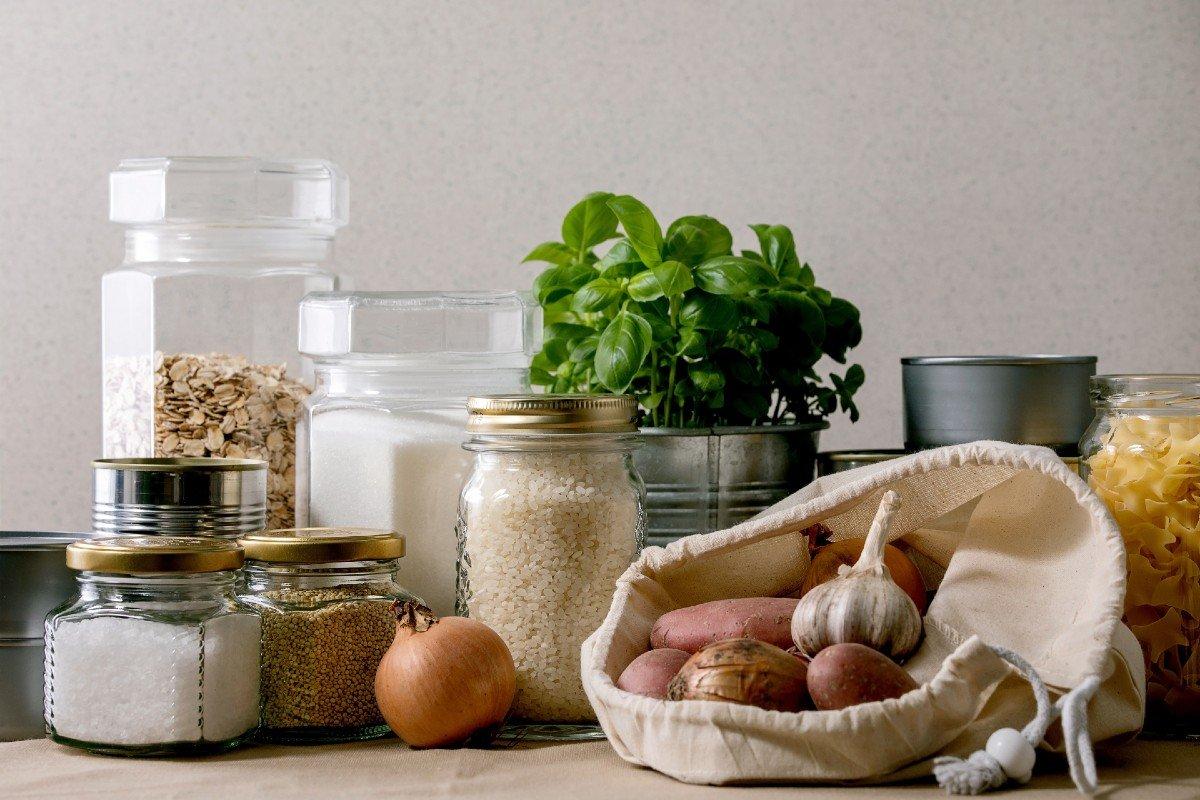How to Keep Food Safe During Power Cuts
LAU’s Dr. Hussein Hassan offers tips to help preserve and store food products for safe consumption.
Food safety in Lebanon is at risk with the worsening fuel crisis and the long power outages, which are making it difficult for households to preserve perishable goods and avoid food poisoning.
In this article, LAU Associate Professor of Food Science and Technology Hussein Hassan offers tips for storage methods and purchasing habits that can help alleviate the problem.
What happens to food during power cuts?
“The right temperature for a fridge should range between 1oC and 5oC. With the constant power cuts, that temperature increases, and enters the danger zone (5oC-60oC), which means that pathogens (disease-causing bacteria) start to multiply faster,” he explains.
Food is no longer safe for consumption following a four-hour continuous outage for the fridge and 48 hours for the freezer. Here are some recommendations:
o Freeze leftovers and perishable high-risk food items such as meat, dairy and egg-based products instead of keeping them in the fridge.
o During power cuts, minimize opening the fridge and freezer.
o Once the outage is over, do not taste the food to assess its safety. When in doubt, throw it out.
How well is well done? Cooking meat and poultry:
Acknowledging the soaring prices of goods, and the deep impact that the economic crisis has had on purchasing power, Dr. Hassan nonetheless advises households to economize on grocery shopping.
o Buy enough fresh produce and raw meat for only one or two days to minimize storage time.
o All meat and poultry should be well cooked, “not medium done, but well done.”
o Meat and poultry should not be red or pink when consumed, especially in the center. A needle thermometer should show that the cooking temperature has reached 75oC at the center of the food upon cooking, which will kill any bacteria.
It’s all about dairy … and eggs:
Dairy products are perhaps the trickiest to preserve. How can households ensure they are safe for consumption during long power cuts?
o Purchase vacuum packed cheeses.
o Purchase smaller portion-sized items.
o Do not overstock.
o Transfer ice packs or iced water bottles from the freezer to the fridge during power cuts to help maintain a low temperature in the fridge.
o Eggs do not need to be stored in the fridge if they are to be consumed within one week of purchasing.
o Check the refrigerator’s rubber seal to make sure that air circulation is not compromised. If it is not in good condition, repair it with fast glue.
Some traditional storing tips
The fuel crisis invites the question of how towns and villages stored food in the past when there was no electricity. What methods did they use that can easily be applied today?
“Some villages have been resorting to traditional storage methods. These include salting of meat while adding fat to produce awarma, and dehydrating fruits and vegetables for a longer shelf life,” he says.
Produce that can be dehydrated and stored:
o Green leaves, such as moloukhiyyeh and mint.
o Vegetables such as tomatoes, zucchini, and eggplants.
o Fruits.
What about grains and bread?
Not only do power outages affect the quality of fresh produce, but the summer heat and the absence of air conditioning cause a high level of humidity in homes, which affects rice and grains, he says.
For a longer shelf life:
o Place dry cereals such as rice, beans, hummus and lentils in containers, add salt and bay leaves that will absorb the humidity.
o Tightly seal containers.
o Dispose of grains once they start having a bad odor or if they show signs of infestation.
o Store bread in the freezer to avoid staling, and best buy your bread needs for less than a week.
Disinfecting fresh produce
In addition to proper storage, what is the best way to disinfect fruits and vegetables?
o Submerge your fruits and vegetables in water mixed with one cup of vinegar. Let soak for 15 minutes and drain.
If you must dine out…
With summer still in full swing, Dr. Hassan also has some advice to help lessen the risk of food poisoning while dining out or ordering in.
o Focus on cooked vegetarian dishes, pasta and pizza.
o Opt for reputable restaurants known for their good storage, food safety practices and control of suppliers.
How can we maintain a balanced meal?
Due to a limited budget and unavailability of products, preparing balanced meals is becoming increasingly challenging.
One way to ensure you are getting the needed nutrients, Dr. Hassan says is through complementation. “Combine two vegetable proteins to get all amino acids that are essential for your body. Examples include legumes and grains such as mjaddara, stew of rice and beans or rice and peas.”
